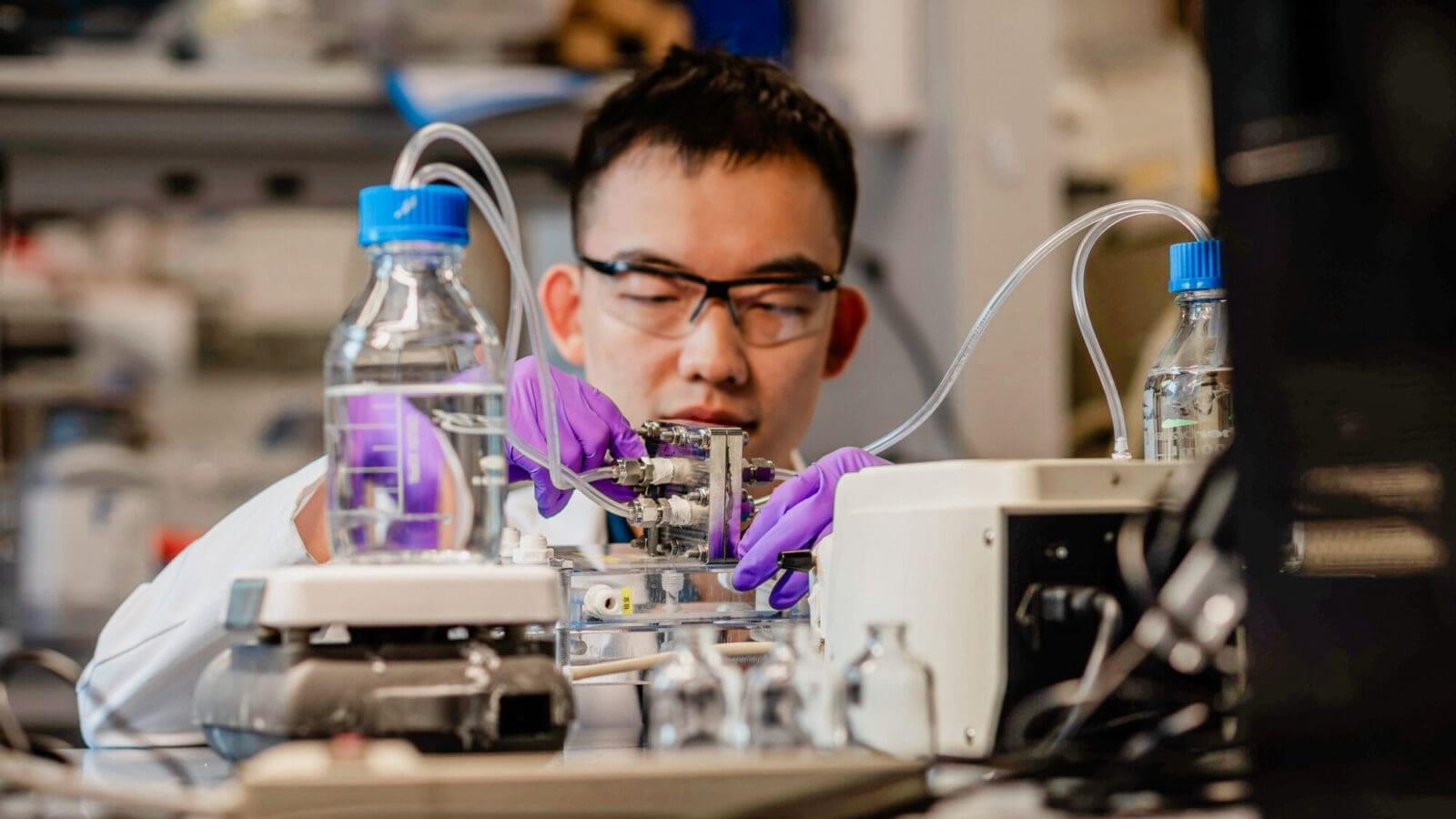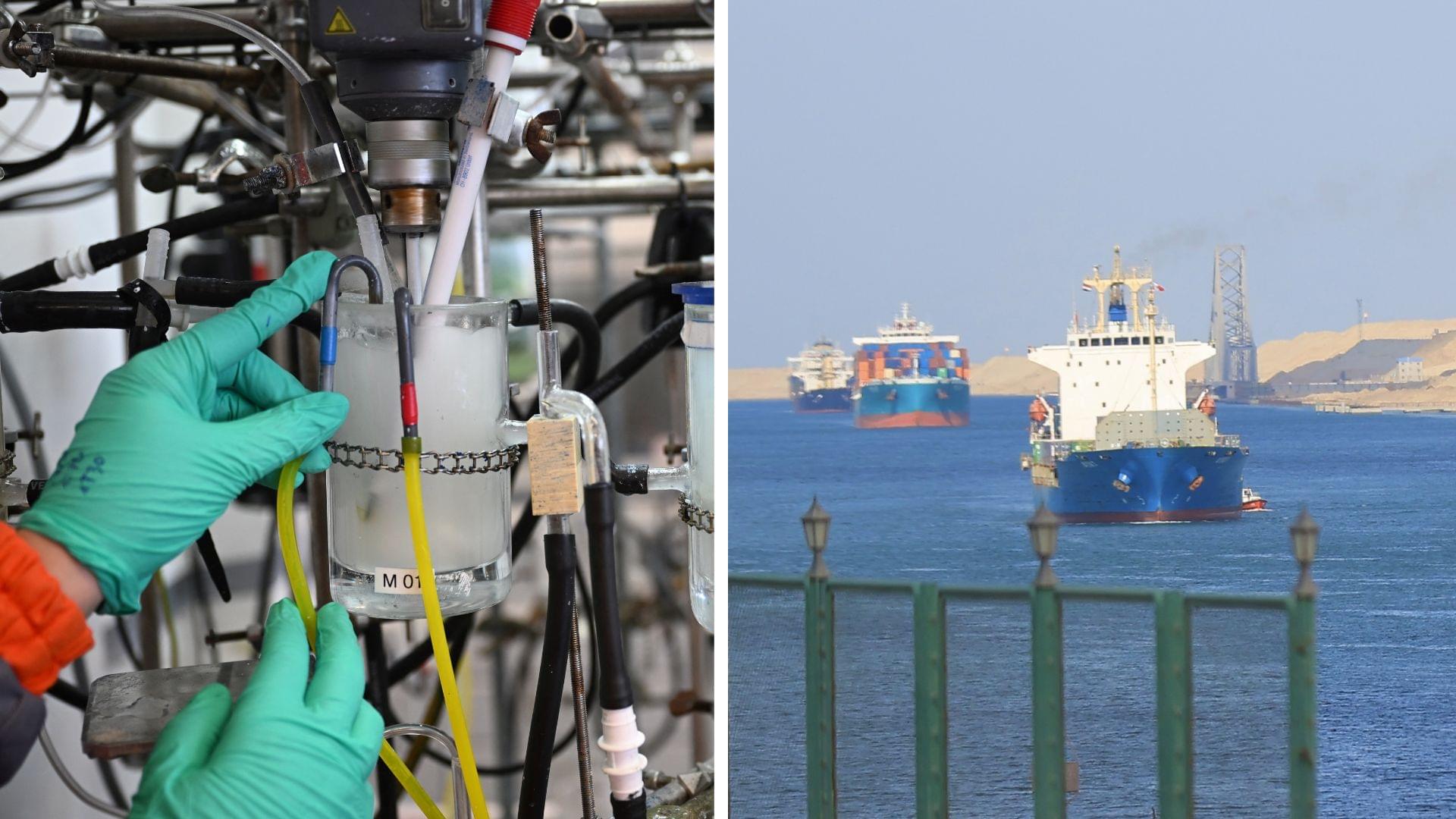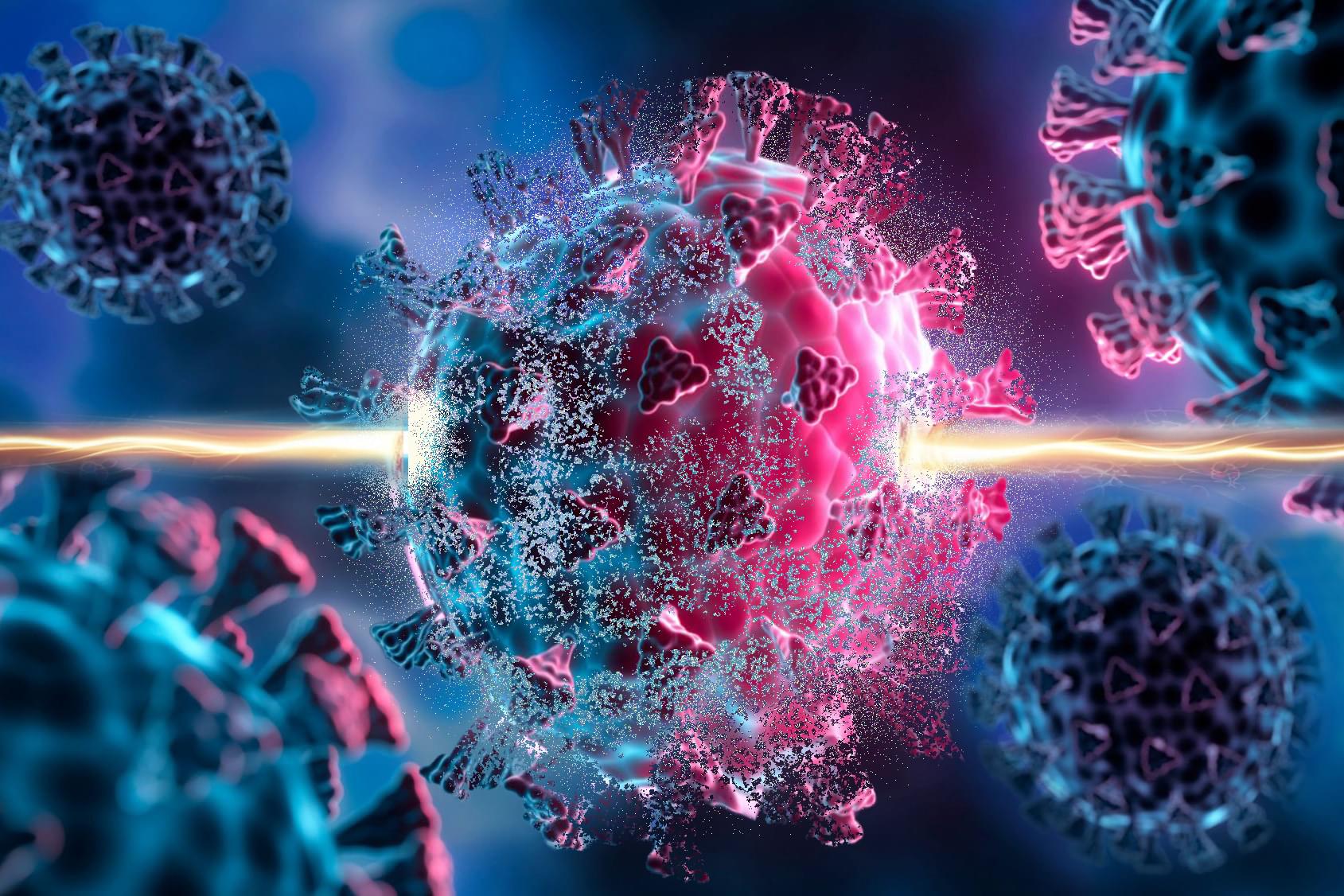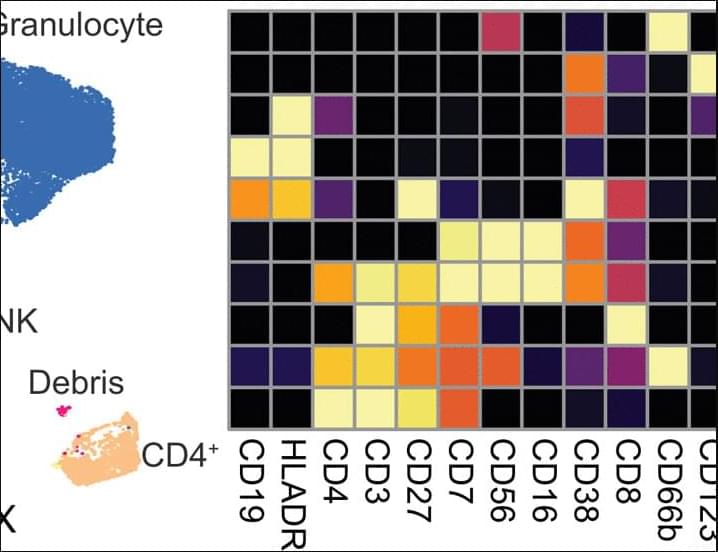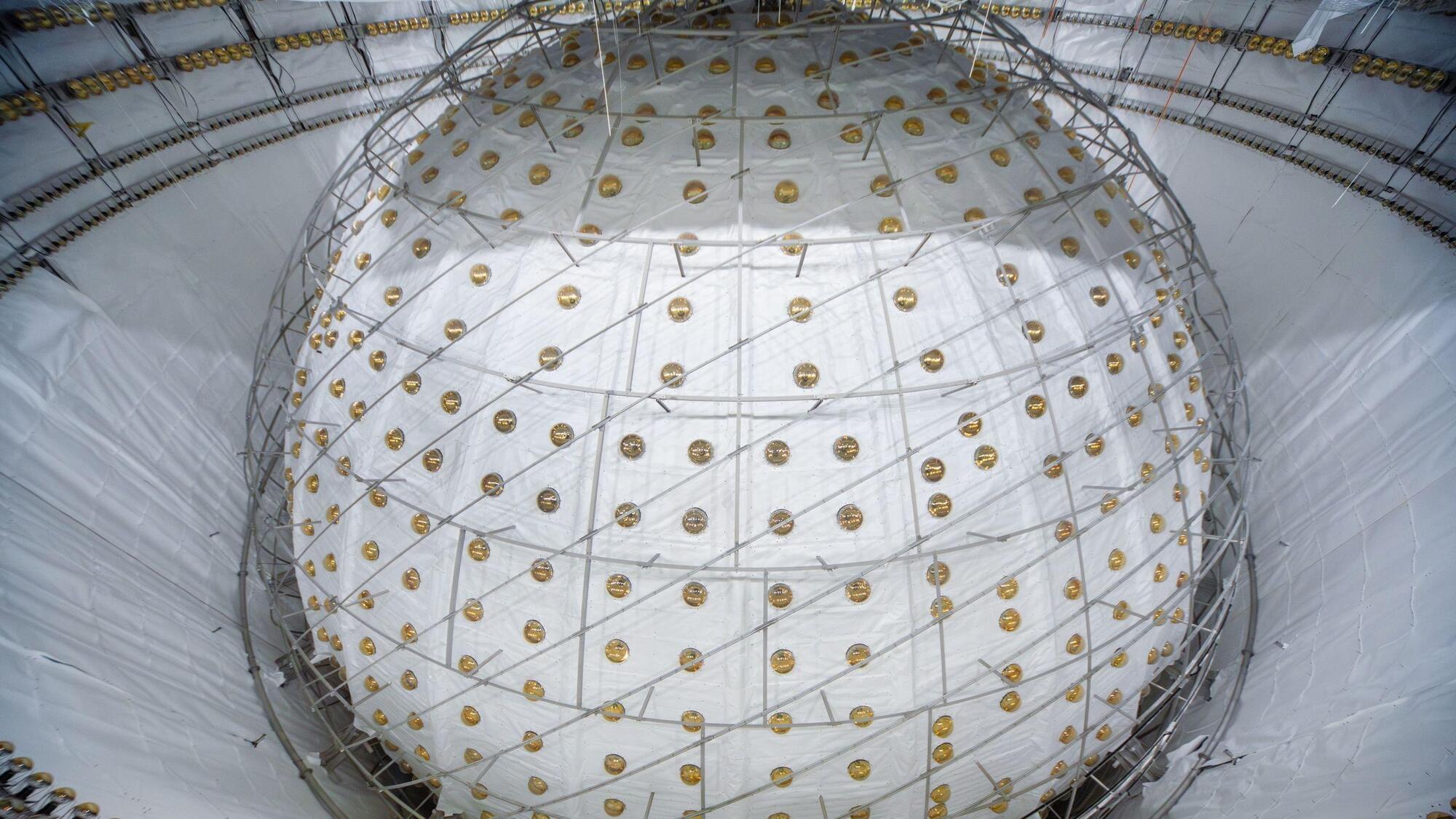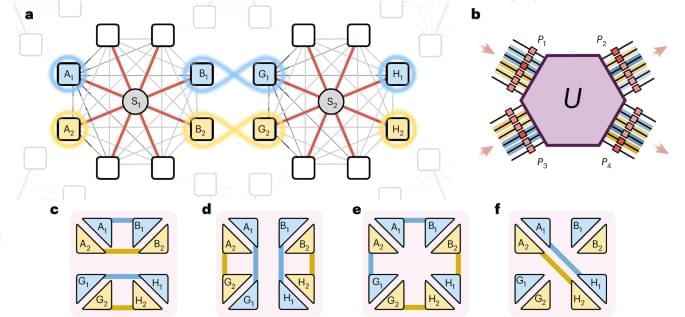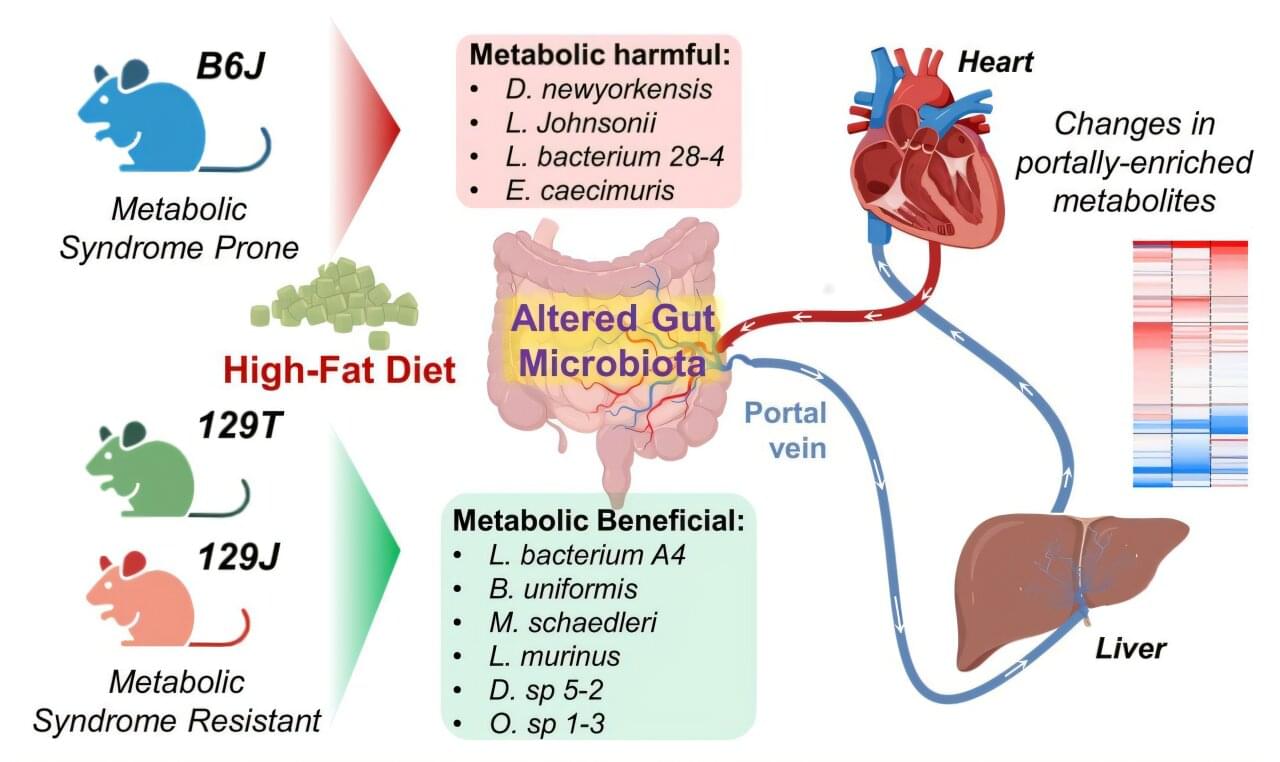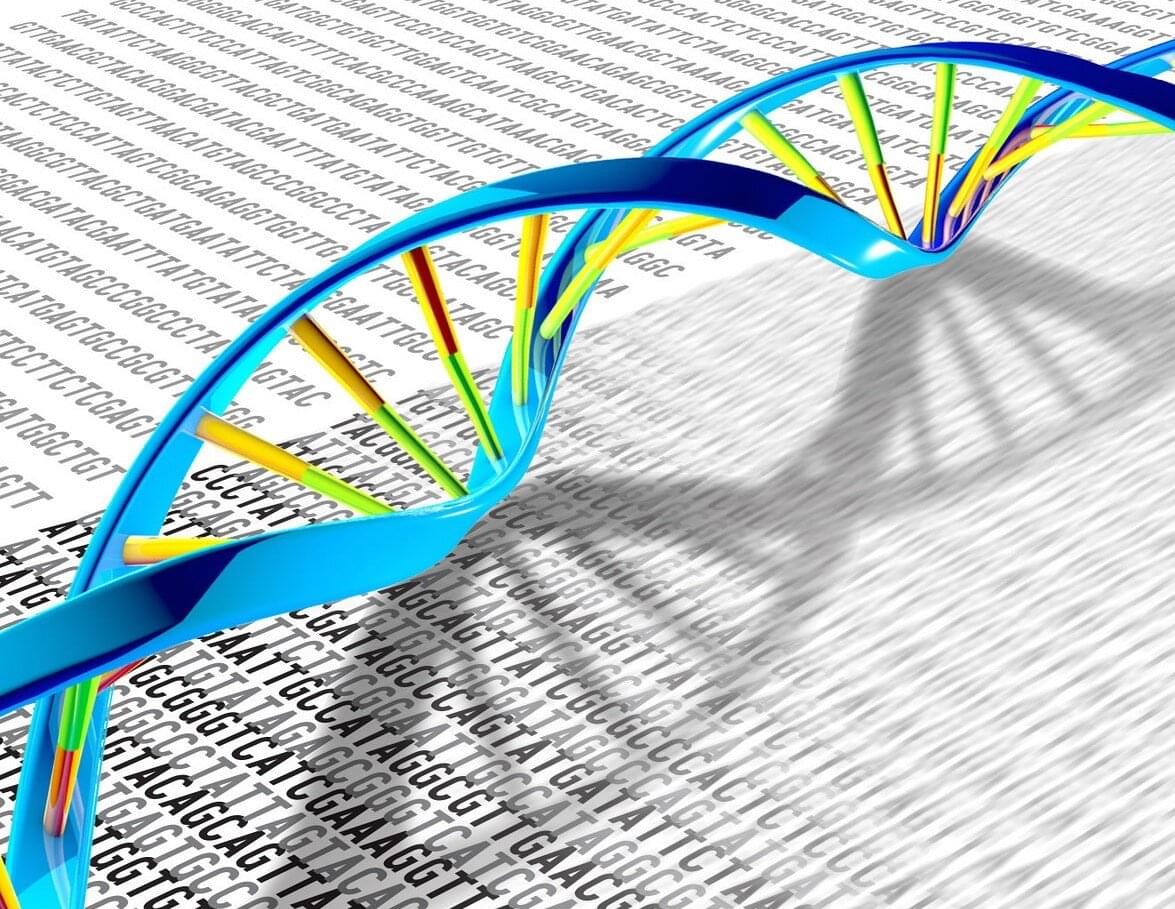Wastewater can replace clean water as a source for hydrogen, eliminating a major drawback to hydrogen fuel and reducing water treatment costs of hydrogen production by up to 47%, according to new research from Princeton Engineering.
The findings, reported Sept. 24 in the journal Water Research, are a step toward making hydrogen a practical pathway to decarbonize industries that are difficult to electrify, such as steel and fertilizer production.
Z. Jason Ren, the senior study author, said that current electrolytic hydrogen production requires a large amount of clean water, increasing costs and straining local water supplies. His research team wanted to find out whether treated water processed by wastewater plants could be substituted.
